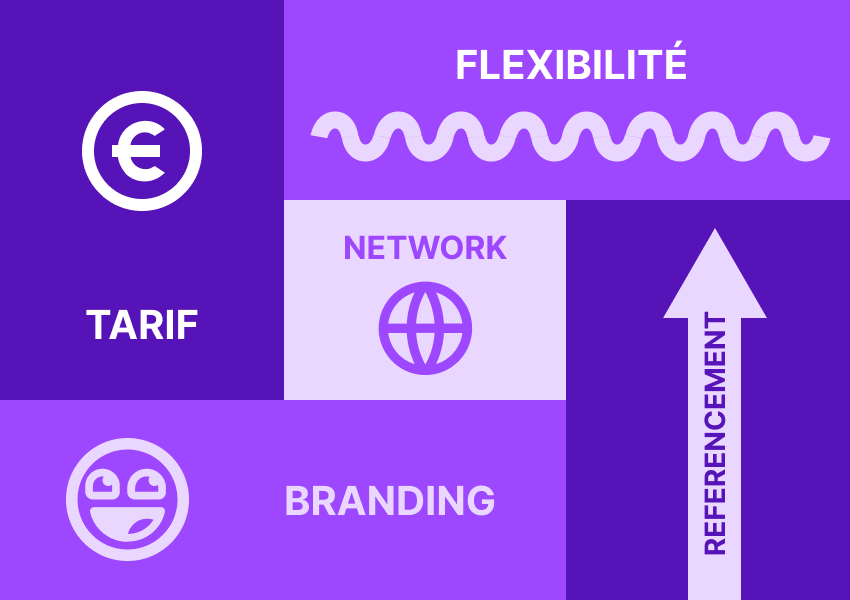What is a freelancer?
Before becoming a freelancer, it’s crucial to have a good understanding of what it means. Technically, there’s no legal definition for freelancing. Freelancing is a way of working. It’s free from subordination that you may find in a traditional fixed-term or permanent contract between employee and employer. In freelancing, there’s no employment contract to govern the professional relationship. The freelancer works for himself. Freelancers provide a service to a company or an individual. We use the term missions or services that are invoiced to the client. It’s good to know that freelancing, as such, has no legal value.
Please note freelance should not be confused with microentrepreneur. While the former term has no legal value, the latter provides a legal framework for work. To become a freelancer, you can use the microenterprise regime.
#1 Define your project to become a freelancer
To start freelancing and be successful, it’s essential to define the scope of your project.
Describe your activity
To describe your activity, ask yourself what you intend to offer. To do so, answer the following question: What service(s) or good(s) do you want to produce, operate, or sell? This can be the core of your business if you have a particular talent, a passion, or the desire to pass on highly qualified knowledge. Experience and skills must be put forward to gain credibility.
Our advice: to become a freelancer, write a short description of your offer. But also, your experience and skills.
Targeting the right clients
Who does freelancing target? To be sustainable, it must reach a specific type of client. They can be :
- individuals, working or retired
- small, medium, and large companies
- large groups
- of private practices
- of public administrations
The targeting process will help you develop a more detailed prospecting strategy. And at the same time, find missions that suit you.
Is there a need for my freelance activity?
To be successful, you’ll need to match your services with client expectations. This step is the key to success. You must carry out a thorough market assessment. Generally, this involves drawing up a business plan and auditing as many competitors as possible. This will also allow you to position yourself among the existing offer and set your hourly or packaged rates. This is also known as the average daily rate (ADR).
#2 Work on your visibility
To become a freelancer and earn income, it’s important to advertise yourself. Professional or personal networks are an excellent way to get your first mission. There are also many other ways to gain better visibility. Platforms specifically dedicated to freelancers. You can show your clients that you are available for work, showcase your offer, and display your rates and work rhythm.
The LittleBig Connection platform connects large companies with a community of 350,000 freelance experts.



